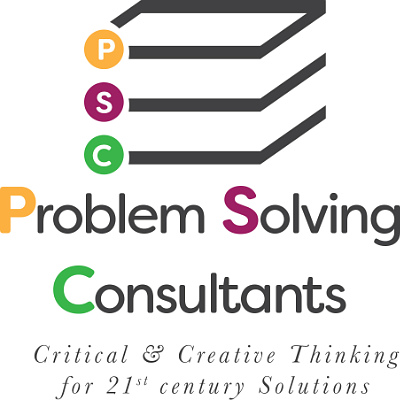This mother’s day was very poignant in that I got to talk with my son and daughter-in-law, received a delightful gift, and got to share time with some little ones who live near me. The happiness of the day was tempered, however, and I ask you all to please bear with me.
A little over 15 or so months ago I became involved in the lives of three little boys who were rescued from a very abusive and deadly situation. Unfortunately, their three-year old sister did not survive her last abusive episode and her voice has been forever silenced. The physical and emotional scars suffered by her brothers, in particular the two older boys (ages 5 and 4 when they were rescued) continue to pose challenges to them. As we learn more and more about what they needed to do to survive, I marvel at their strength – knowing what I know now I cannot begin to imagine the depth of courage it took for them to take the abuse and continue to survive. Thrive is a whole different story and all three are struggling to thrive.
A few days prior to Mother’s Day I learned that a dear friend’s extended “family” was enduring an unimaginable, devastating challenge as their two-year old toddler now struggles to survive the abuse he suffered at the hands of a trusted caregiver.
Unfortunately, stories such as these are all too familiar. But they need not be. As leaders within our organizations, our communities, our religious communities, and elsewhere, we have a moral and ethical obligation to stop this madness. Simply shaking our heads as we read or hear about such stories is no longer enough. We have a very effective tool available to us that was signed into law in 2006 – a national registry for convicted child abusers, along the same lines as the sex offender registry. It is codified at 42 United States Code, Section 16990. We have community organizers who do marvelous and wonderful things such as fundraisers and bake sales. Would it be too much to ask that we consider our children, especially those at risk, to be just as important as fundraisers and bake sales? MADD has been such a tremendous organization and a catalyst in getting important legislation passed which has focused the spotlight on drunk drivers. What if we created Mothers Against Child Abuse – MACA or whatever acronym we can come up that is legal and available for use? What if we use this new organization to help focus the spotlight on this issue and bring about even more effective state and federal legislation which is actually enforced?
What if we join forces with all the victim advocates and human services workers who deal with this tragedy daily and tell prosecutors and judges that it is no longer acceptable to hand out slaps on the wrist for child abusers who not only abuse their victim(s) but also cause their death? I certainly know that prosecuting such cases can be difficult for all concerned. But don’t we owe it to the children in our society the same thing we adults cherish – the right to life, liberty, and the pursuit of happiness? If you don’t agree with me, tell me how you’ll explain to that abused child in the ER suffering from life threatening injuries that he/she isn’t entitled to a future. Someone please tell me how to shut out the sounds of a toddler screaming as the ER staff is working on them. Tell me how to tell a 3-year old little girl that she has no voice simply because an adult tired of having her around.
If you truly want to make a difference in the life of a child, especially those already identified as being at-risk, please join with me to end this tragedy once and for all. Our children deserve better from us.
